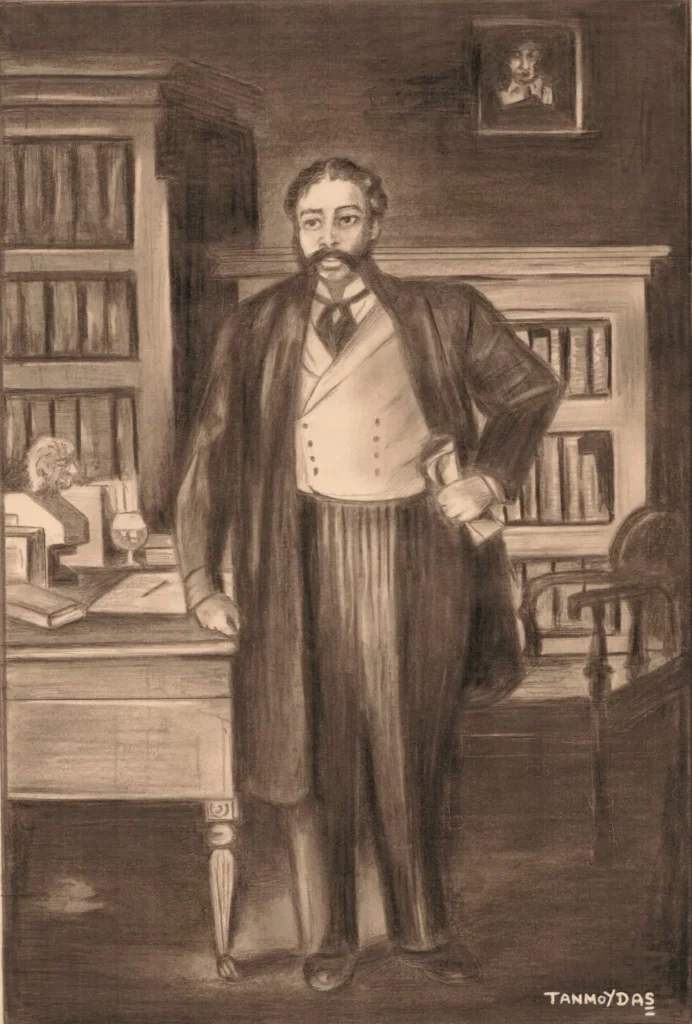In the history of Bengal and Bengali Literature, Michael Madhusudan Dutta was probably the only poet, after Bharatchandra Raigunakar, who had changed the course of Bengali Poetry towards a new horizon. He was a true appreciator of ‘change’ as the traditional literary system was challenged strikingly by him. He was as experimental in his personal life as in his creative work. Maybe, he had a firm belief on his ‘larger than life’ concept, as he was insolvent, had no idea about savings and expenditures and never tried to understand how much the social accreditation is important for the living. Undoubtedly, He never tried to maintain a balance in his life as the imbalance in life suited him best..
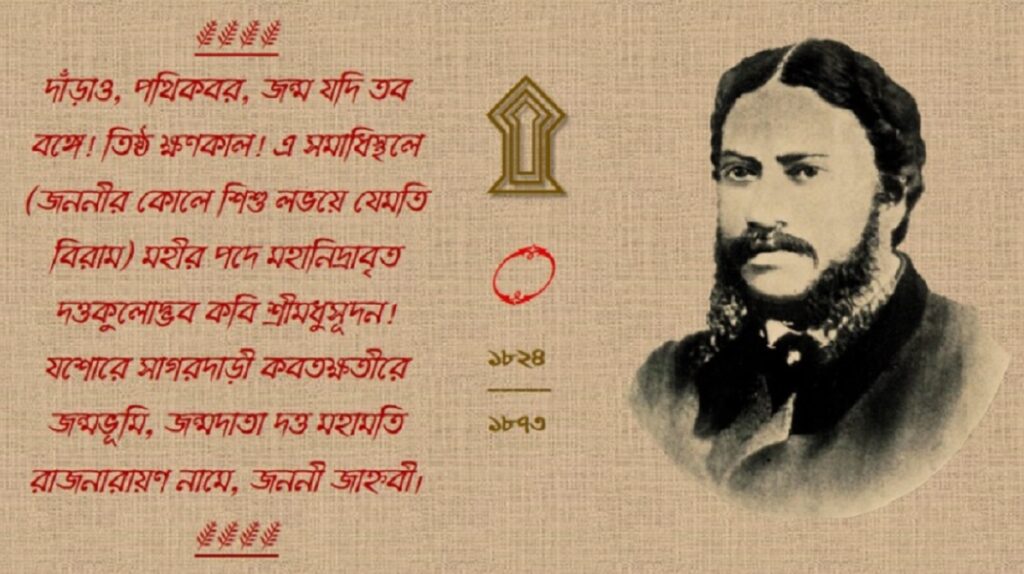
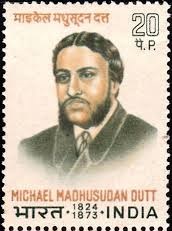
Madhusudan Dutta was born on January 25, 1824, at Sagardari village in undivided Bengal’s Jessore district. His father Rajnarayan Dutta was a law-practitioner and mother Jahnabi Devi was a homemaker. Initially, he started his school education at the village-primary school. Later, when his father shifted to Kolkata (Khidirpur), grown-up Madhusudan made himself enrolled in the Hindu College. He studied there Bengali, Persian, and Sanskrit among other subjects. However, his burning desire to be a famous English poet was always with him. He wanted to achieve the tip of the iceberg in English literature being a poet.
To achieve that, he converted himself from a Hindu to a Christian on February 9, 1843. This conversion made him a ‘rebel figure’ in society. He became Michael Madusudan Dutta and took admission to Bishop’s College, as he had to leave his previous college. His family was very much disappointed at him due to this conversion. So the money that was previously allowed for Madhusudan, stopped immediately. As a result, he decided to leave Kolkata and sailed towards Madras (Chennai). There he taught for living at first at the Madras Male Orphan Asylum School (1848-1852) and then at Madras University High School (1852-1856). In Madras, he carried on his writings and published two English poetry books namely ‘The Captive Ladie’ and ‘Visions of the past’ under the pen-name ‘Timothy Penpoem’.
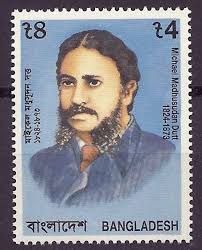
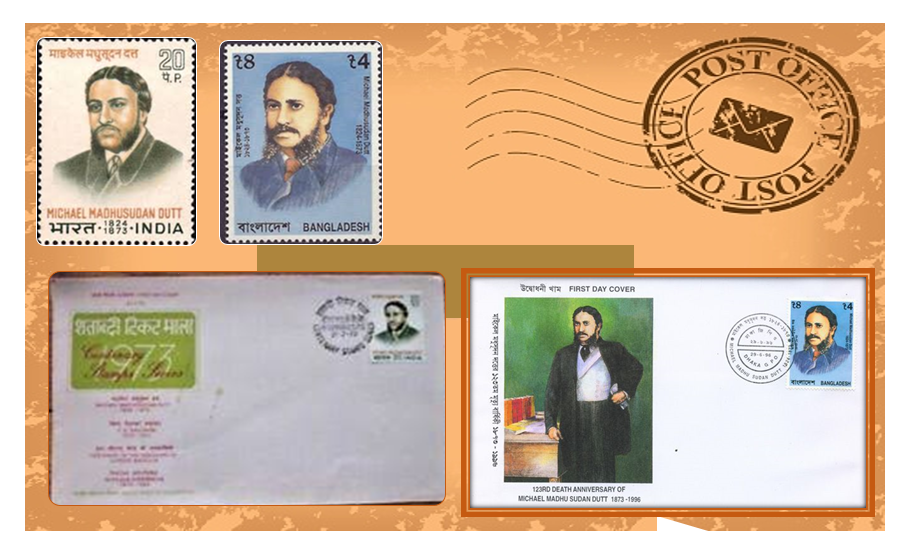
In that particular time, British men often married Indian women but the reverse was not so common. Michael Madhusudan Dutta did something unusual like that. His first marriage was with Rebecca Mactavys and the second marriage was with Henrietta White. In 1858 when his parents had left this material world, he returned to Kolkata. From this point forward, his life took a drastic change as he devoted himself more into Bengali writing. He realized, there was a huge deficiency of good plays in Bengali. So when he got associated with ‘Belgachhiya Theatre’, he penned down the first western-style original Bengali play named ‘Sharmistha’ (1859). Later the journey went on, and in 1861, Madhusudan Dutta delivered the mesmeric masterpiece ‘Meghnadbadh Kavya’ to the ocean of Bengali Literature. However, he will always be remembered in the paradigm of Bengali literature for his ‘Blank Verse’ or ‘Amitrakshar Chanda’. He was a pro campaigner in this verse and flourished it with his impeccable talent.
Neither Shakespeare nor Milton but Byron was Madhusudan’s hero. It is worth noticing how the lives of Lord Byron and Michael Madhusudan Dutta were fashioned completely in a similar mold. The characters of the two stalwarts have one thing in common; that is ‘audacity’. It reminds us of Danton, the French revolutionist “l’audace, encore l’audace, toujours l’audace!” (audacity, more audacity, and ever more audacity).
In 1873, his last days of life were full of shiver poverty, pungent mishap, and acute pain. Due to the lack of money and treatment, at the Calcutta General Hospital, he left the lap of Mother-Bengal in his signature unpredictable way.
